Introduction
Understanding and Overcoming Pornography Addiction: In the digital age, access to adult content is easier than ever before. While some may engage with pornography occasionally and without issue, for others, it becomes a compulsive behavior that negatively affects their mental health, relationships, productivity, and overall quality of life. This article explores what pornography addiction is, how it develops, the signs and symptoms to look out for, and most importantly, effective ways to overcome porn addiction.
What Is Pornography Addiction?
Pornography addiction is a type of behavioral addiction where an individual becomes compulsively involved in consuming pornographic content. Despite negative consequences, the person feels unable to stop.
Is Porn Addiction Real?
Yes, while it is not officially classified as an addiction in the DSM-5 (Diagnostic and Statistical Manual of Mental Disorders), many mental health professionals recognize it as a real issue due to its compulsive nature and damaging consequences.
Why Is Porn Addictive?
Watching porn stimulates the brain’s reward system by releasing dopamine, the feel-good chemical. Over time, consistent overstimulation can lead to desensitization, requiring more extreme content or higher frequency to achieve the same effect—this is similar to what happens in substance addiction.
Signs and Symptoms of Porn Addiction
Recognizing the signs of a porn addiction is the first step toward recovery. Common symptoms include:
- Spending excessive time watching porn, sometimes daily or multiple times a day
- Failing to stop despite trying repeatedly
- Feeling guilt, shame, or anxiety after consumption
- Losing interest in real-life sexual intimacy
- Porn use interfering with work, school, or relationships
- Escalating to more extreme or taboo content to feel aroused
- Withdrawal symptoms when attempting to quit (e.g., irritability, depression, restlessness)
Psychological and Social Effects of Porn Addiction
Porn addiction can have serious impacts on your brain, emotions, and social life:
1. Effects on the Brain
- Rewiring the reward system: The brain becomes conditioned to respond only to artificial sexual stimulation.
- Reduced gray matter: Studies suggest long-term porn users may have reduced brain volume in regions responsible for motivation and decision-making.
- Delayed gratification issues: Constant porn use makes users prefer immediate pleasure over long-term goals.
2. Mental Health Issues
- Increased rates of depression, anxiety, and low self-esteem
- Feelings of isolation and guilt
- Performance anxiety or erectile dysfunction in real relationships
3. Relationship Struggles
- Decreased emotional intimacy with partners
- Unrealistic expectations about sex
- Trust issues, infidelity, or breakup/divorce
How to Overcome Porn Addiction: A Step-by-Step Recovery Guide
Recovery is possible. Here’s a structured approach to quit pornography permanently and reclaim your life.
1. Acknowledge the Problem
The first and most important step is accepting you have a problem. Denial only prolongs the cycle. Understand that you’re not alone, and seeking help is a sign of strength, not weakness.
2. Set Clear Goals
Decide what freedom from porn looks like for you:
- Total abstinence?
- Reducing frequency?
- Replacing it with healthy habits?
Write your goals down and remind yourself why you want to stop—better relationships, improved self-control, mental clarity, or spiritual growth.
3. Identify Triggers
Know what situations, feelings, or environments make you crave porn:
- Boredom or loneliness
- Stress or anxiety
- Late nights on the phone
- Isolation
Create a list of triggers and prepare alternative actions or distractions (e.g., going for a walk, calling a friend, journaling).
4. Use Technology to Your Advantage
- Install website blockers: Tools like Cold Turkey, BlockSite, or Net Nanny can restrict access to adult sites.
- Accountability software: Apps like Covenant Eyes or Accountable2You help track activity and alert a partner or friend.
5. Replace Porn with Healthy Habits
- Start exercising daily
- Take up hobbies like drawing, music, or reading
- Build meaningful relationships
- Meditate and practice mindfulness
- Improve your sleep schedule
These healthy activities stimulate your brain’s reward system in a natural and sustainable way.
6. Practice the NOFAP Movement
Nofap is a growing movement where individuals commit to avoiding porn and masturbation. People often report:
- Increased energy and focus
- More confidence in social interactions
- Improved libido and sexual performance
- Clearer thinking and emotional stability
Search for Nofap success stories to stay motivated.
7. Seek Professional Help
If your addiction is severe or causing major problems, porn addiction counseling or therapy can be life-changing. Therapists trained in Cognitive Behavioral Therapy (CBT) can help you:
- Understand the root cause of your addiction
- Break harmful thought patterns
- Develop coping mechanisms
Online therapy platforms like BetterHelp or Talkspace also offer convenient options.
8. Join Support Groups
Connecting with others who understand your struggle can be incredibly empowering. Look into:
- Reddit communities like r/NoFap
- 12-step groups like Sex Addicts Anonymous (SAA)
- Faith-based groups for spiritual recovery
Tips to Stay Porn-Free for the Long Term
- Create a daily routine: Structure reduces temptation.
- Avoid high-risk situations: Don’t browse late at night or when alone in private spaces.
- Celebrate milestones: Whether it’s 7 days, 30 days, or 90 days porn-free—reward yourself with something positive.
- Keep a journal: Document your triggers, feelings, and progress to stay self-aware.
- Practice gratitude: Focusing on the positive aspects of your life can reduce cravings.
Porn Addiction in Teens and Young Adults
Porn consumption often starts at a young age. Teens are particularly vulnerable due to:
- Easy access via smartphones
- Lack of sex education
- Curiosity and peer pressure
Parents must:
- Foster open communication
- Educate about healthy sexuality
- Use parental controls and monitoring tools
Porn Addiction and Religion/Spirituality
Many people turn to faith during recovery. Religious beliefs can be powerful motivators for change:
- Praying for strength and discipline
- Reading sacred texts for inspiration
- Attending religious gatherings to reduce isolation
Spiritual recovery focuses on inner transformation, forgiveness, and purpose beyond the addiction.
Frequently Asked Questions (FAQs)
Q1: How do I know if I’m addicted to porn?
If you feel unable to stop, even when you want to, and your porn use is affecting your daily life, it may be an addiction.
Q2: Can quitting porn improve my mental health?
Yes. Many people report reduced anxiety, better sleep, improved mood, and stronger focus after quitting porn.
Q3: Is masturbation okay without porn?
That depends on personal beliefs and recovery goals. Some people allow it in moderation; others find it helpful to avoid both for complete reset.
Q4: How long does it take to recover from porn addiction?
Recovery varies by individual. Some feel better in a few weeks, others take months. Stay consistent and patient.
Q5: Will my sex life improve after quitting porn?
In many cases, yes. Many users experience improved intimacy, stronger erections, and better emotional connection with partners.
Conclusion
Understanding and overcoming pornography addiction is not a one-day process, but with the right tools, support, and mindset, freedom is absolutely achievable. Millions have broken free and gone on to live healthier, happier lives. Start your journey today—you are stronger than your addiction.
If you’re struggling, don’t suffer in silence. Talk to someone. Reach out. There is hope, and you deserve a life filled with connection, purpose, and peace.
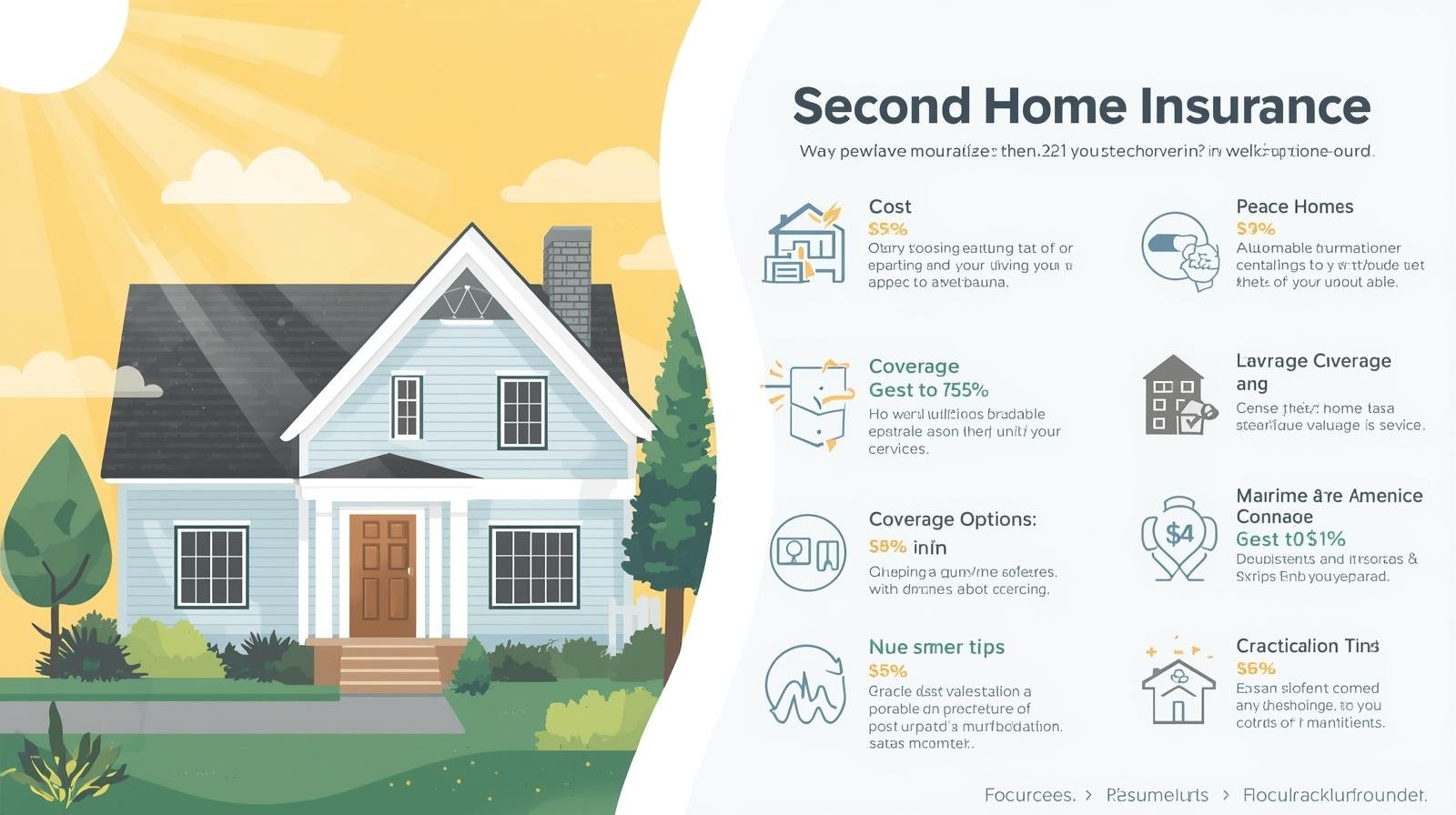
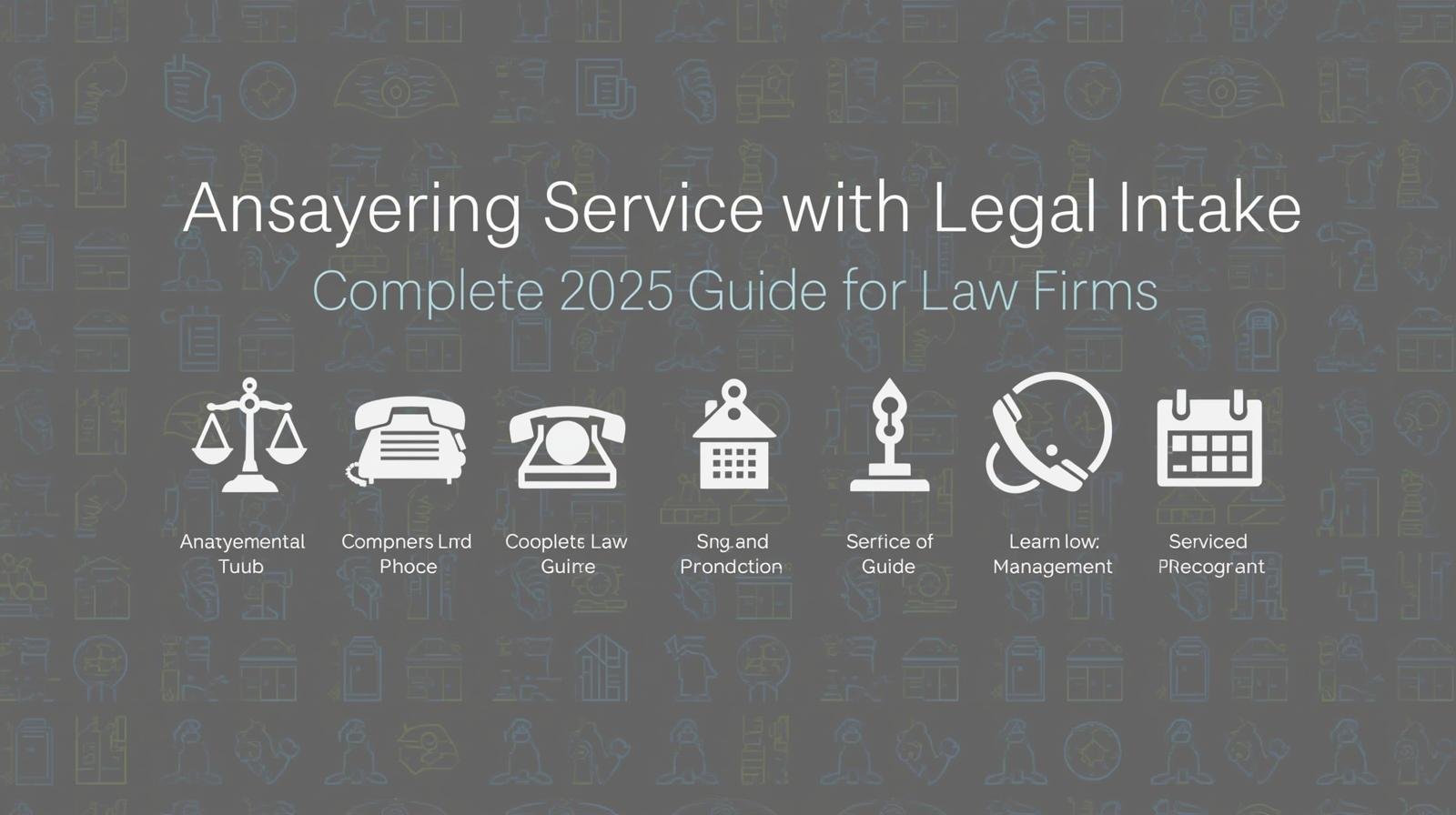
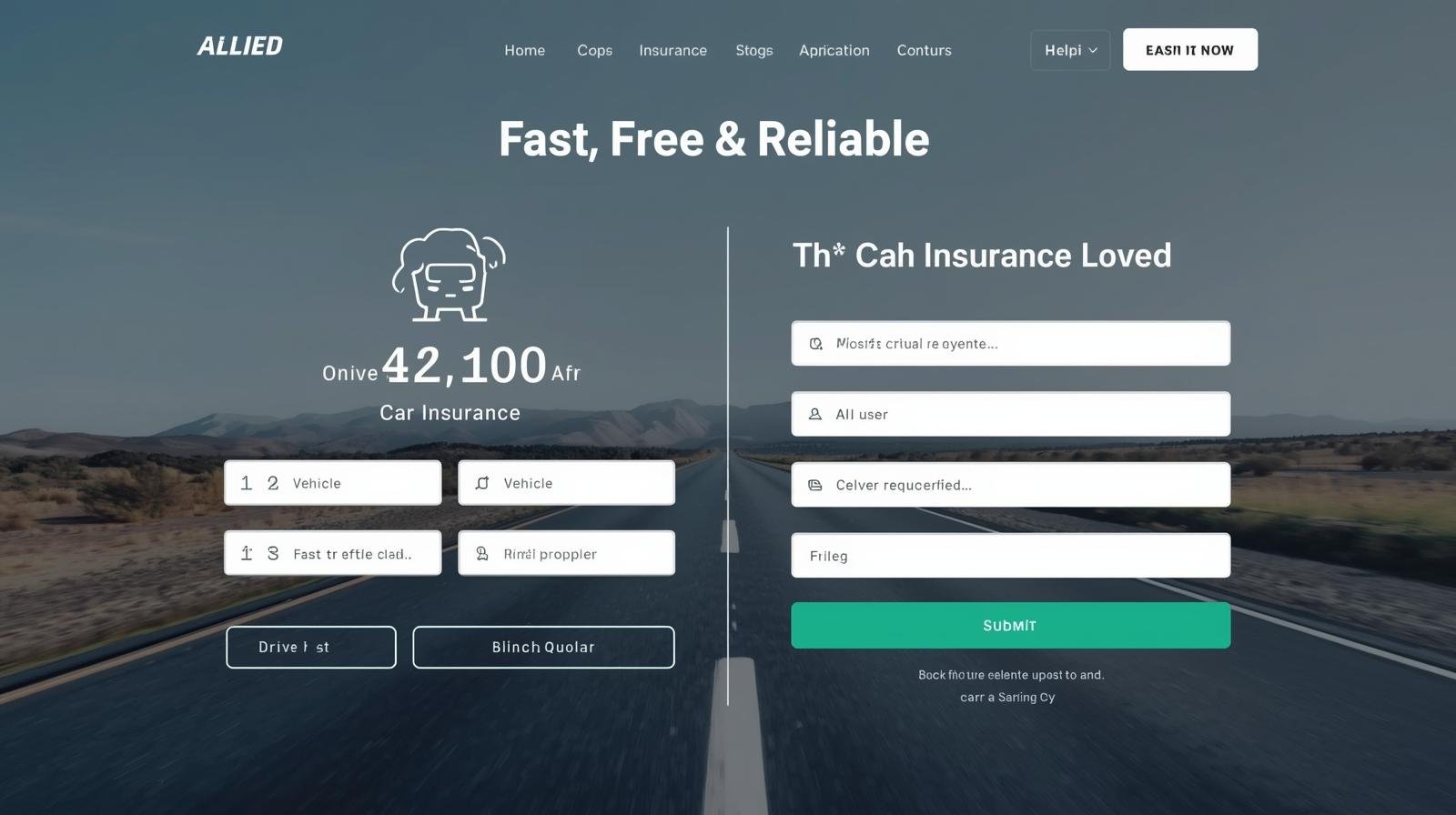
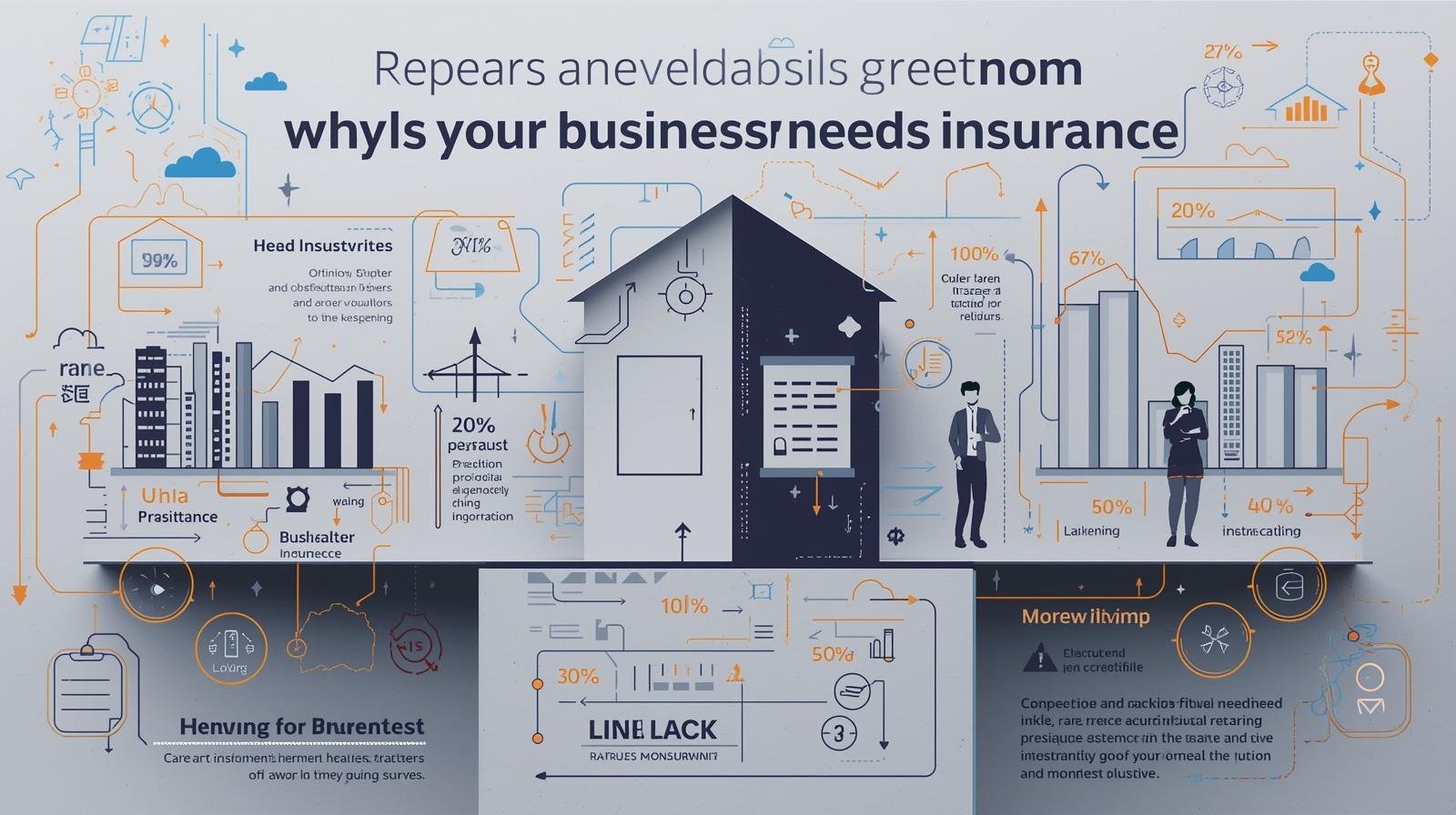
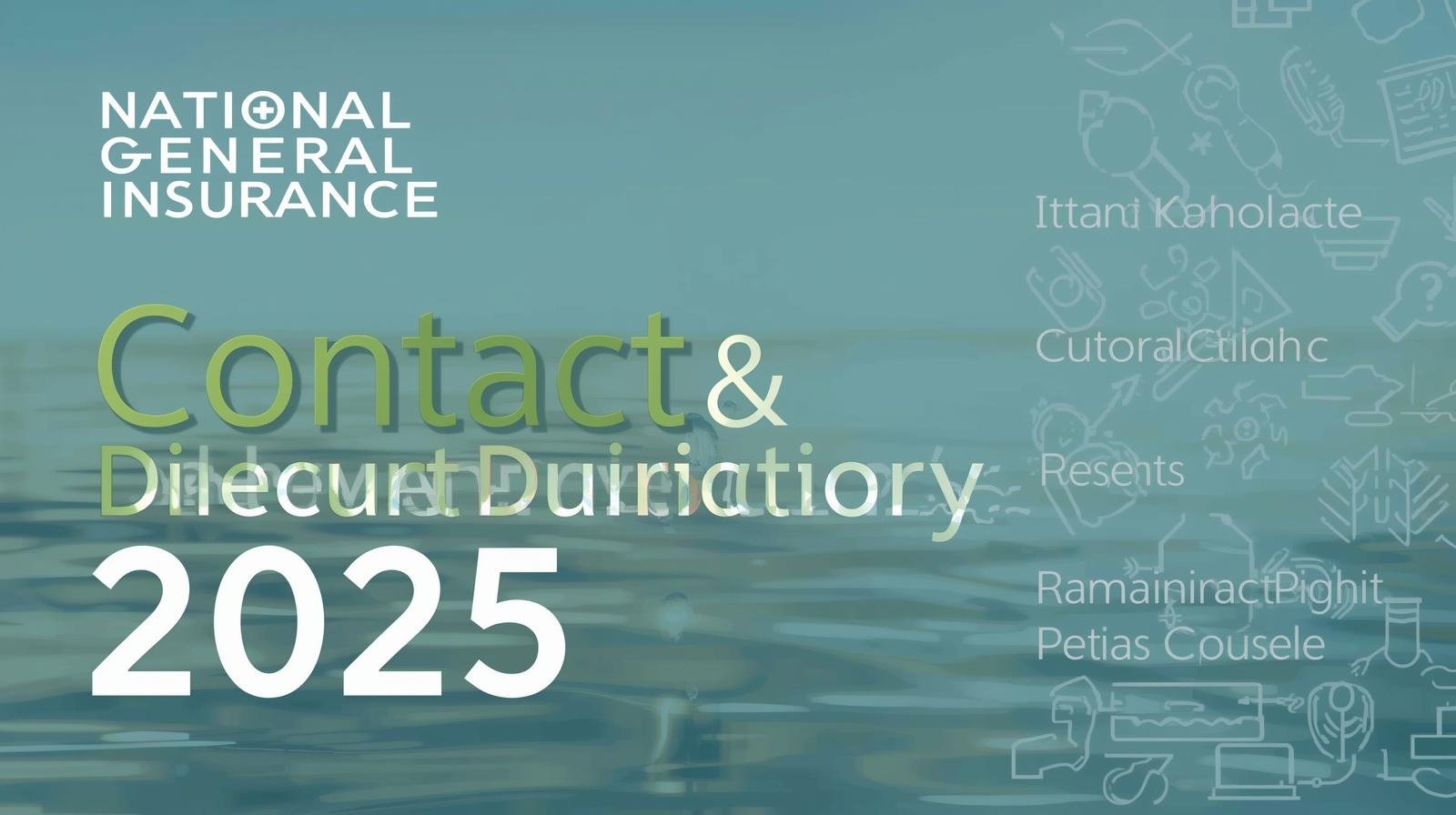
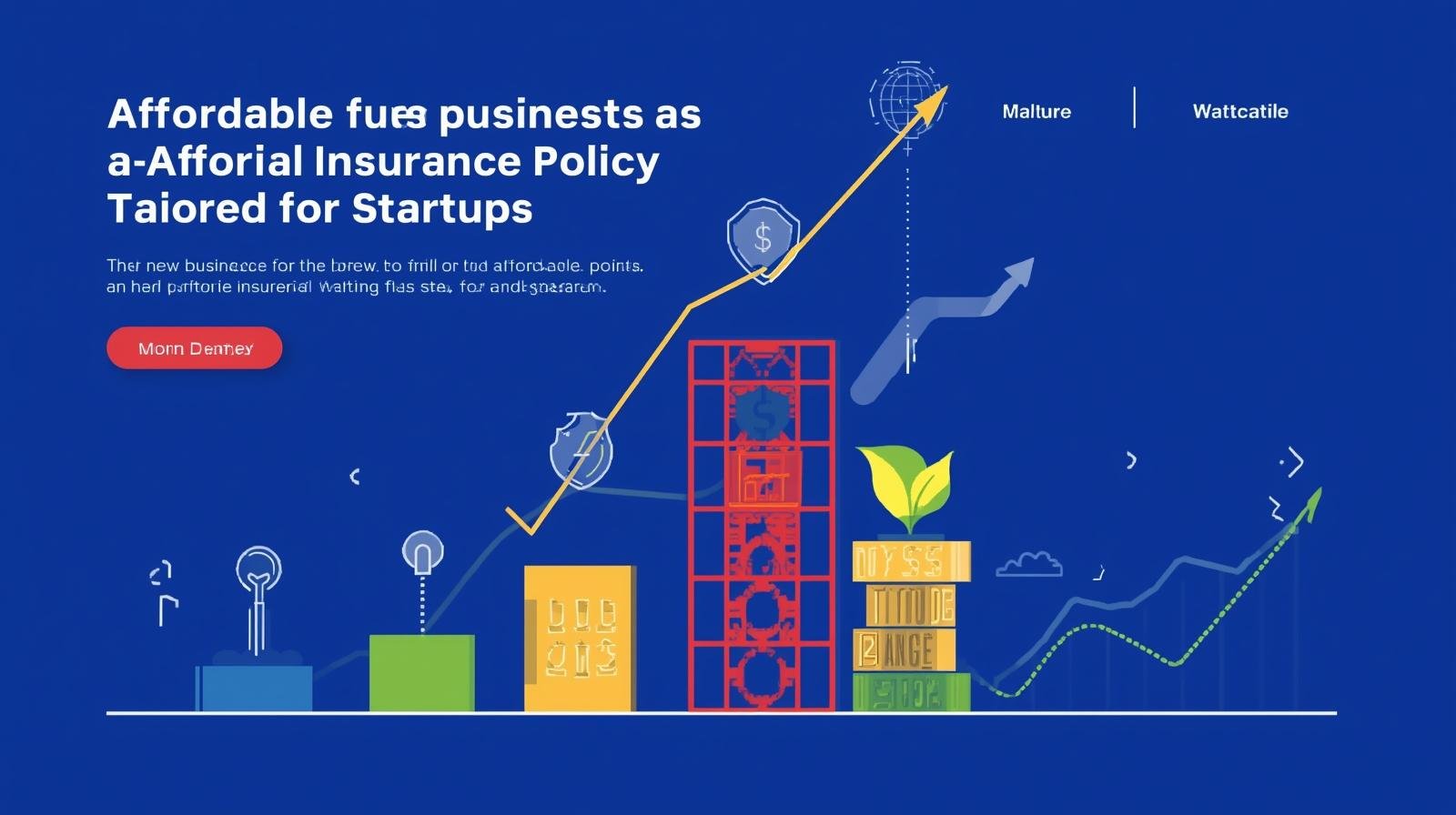
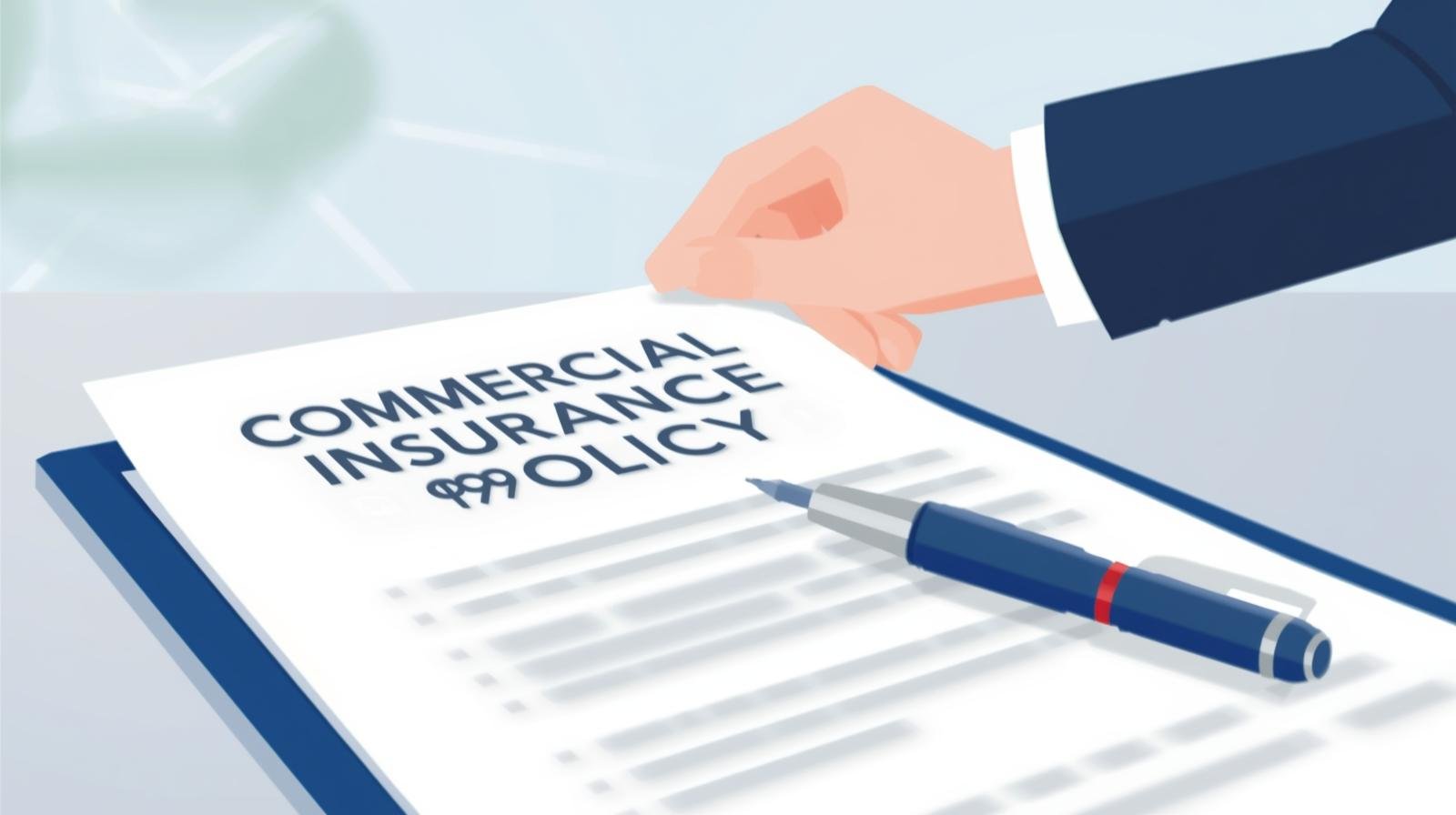

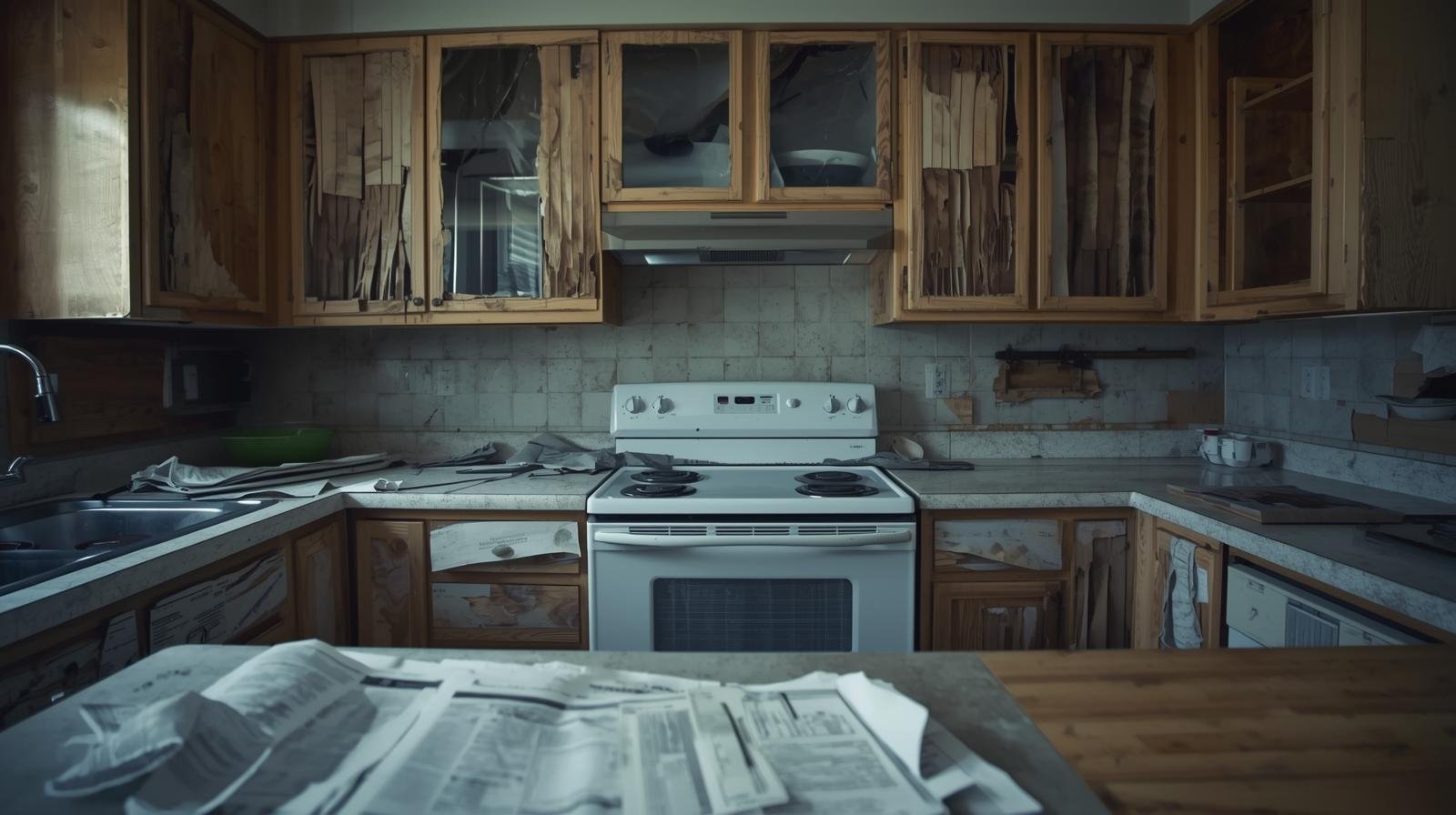
Leave a Reply